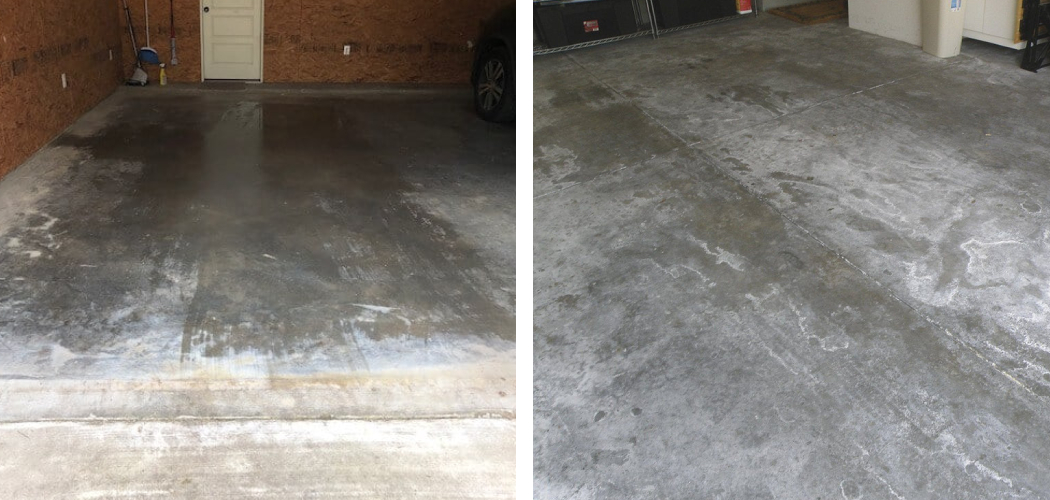Having moisture in your garage can lead to an array of problems, from causing rust and decay on metallic objects to damaging wooden structures. It is important to know how to stop moisture in garage. This blog post will provide you with tips that can help you keep the moisture level in your garage low.
With the proper knowledge on how to mitigate humidity levels, you won’t ever have to worry about musty smells or unwanted water damage again. Keep reading for more information about dealing with excess moisture in a garage!
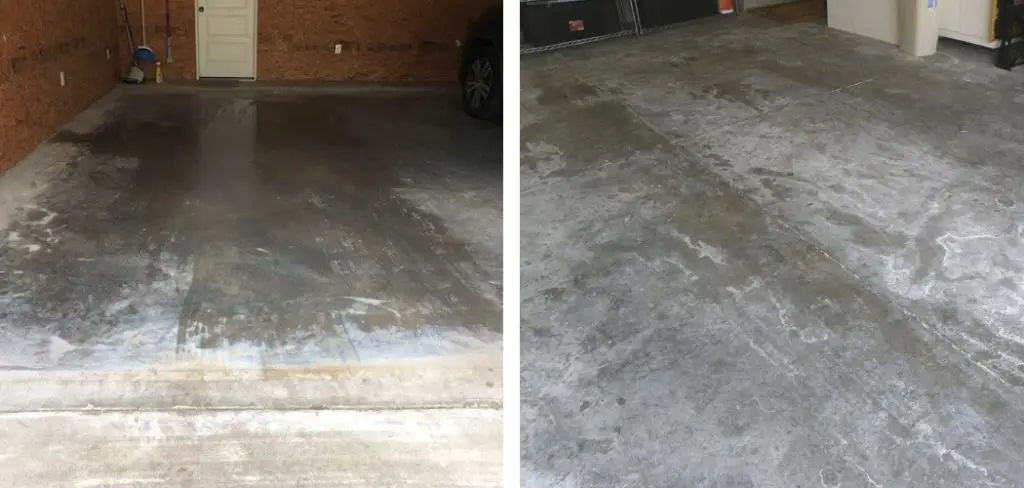
Summary: Garages are an important part of any home, but they can often be prone to moisture build-up, which can damage items stored in them. To ensure that your garage is well-protected, there are several steps you can take to prevent moisture from accumulating within the space. One of the first steps is to install a humidity sensor so that you can monitor the environment within your garage. This will allow you to identify any moisture or high-humidity areas before it becomes a problem.
Tools You Will Need
- Humidity Sensor
- Dehumidifier
- Ventilation Fans
6 Steps Guide on How to Stop Moisture in Garage
1. Install a Humidity Sensor
If you’re looking for a way to easily track and monitor the moisture level in your garage, installing a humidity sensor is the perfect solution. Not only will this device allow you to stay abreast of changes in relative humidity, but it will also alert you as soon as a high moisture level is detected so that you can take swift action.
By identifying and responding quickly to high levels of humidity, you can help prevent costly damage that would otherwise be caused by constant exposure to excessive indoor moisture. Don’t let excess water ruin your stored possessions – install a humidity sensor in your garage today to ensure optimal safety from moisture invasion!
2. Open Windows Regularly
Keeping your garage dry and free of moisture is important for maintaining a healthy environment. One way to stop moisture from taking over is by opening the windows regularly. Opening them allows fresh air to circulate, which will reduce the level of humidity in the space and prevent mold growth.
To take it one step further, you could consider installing an exhaust fan to even more quickly draw out any excess humidity.
This could help you keep moisture buildup away from your garage and protect its contents from wear and tear. With these simple steps, you can reduce the amount of damage caused by moist environments and prevent any moldy messes in your home!
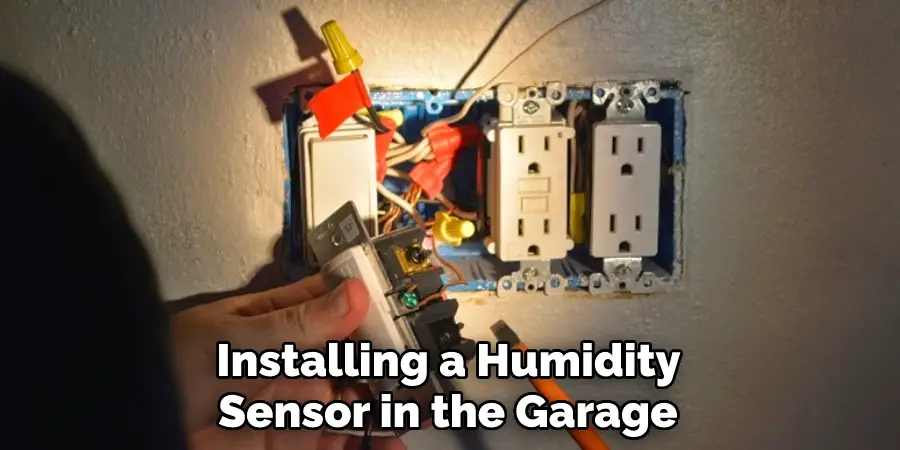
3. Avoid Using a Heater in the Garage
Heating your garage in colder months may seem like a practical solution to keep yourself warm, however, it’s important to remember that using a heater in the garage can contribute to increased moisture and humidity levels. The resulting moisture buildup in the air can promote mold and mildew growth – risking damage to your valuable possessions.
To avoid this issue, electric heaters are the ideal solution as they don’t generate any additional moisture in the environment. Ensuring your electric heater is well-maintained with regular ventilation maintenance is also key to preventing excess moisture from becoming trapped in the air.
By following these simple tips, you can enjoy the comfort of heating without it damaging your valuables.
4. Invest in a Dehumidifier
Adding a dehumidifier to a garage that is prone to moisture can be an invaluable step toward keeping the space healthy. Moisture buildup in any area can be conducive to mold growth, and garages are especially susceptible due to lack of ventilation.
Most dehumidifiers come with preset timers, so you don’t even have to manually monitor the humidity yourself – it will automatically turn on and off when needed.
Another advantage to investing in an effective dehumidifier for your garage is that it helps reduce odors quickly and keeps dust particles in suspension longer. Not only will you have peace of mind knowing that moisture levels within the garage walls are being actively monitored and managed, but you will also enjoy added comfort and cleaner air while using the area all year round.
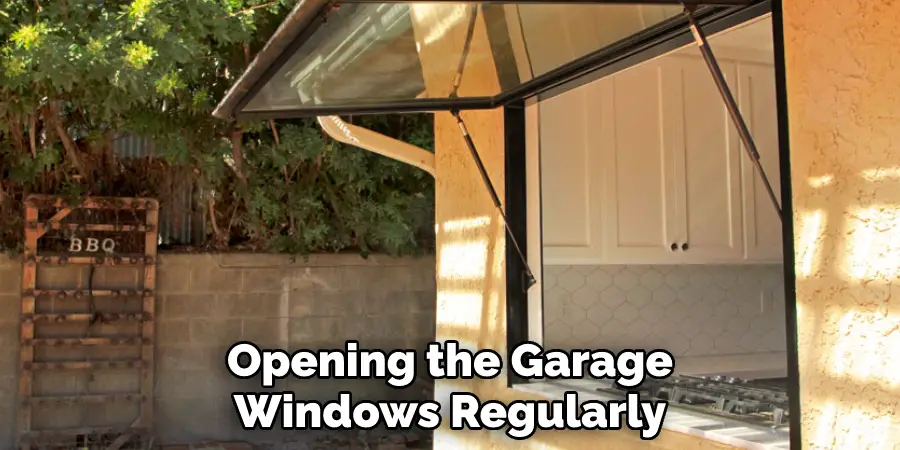
5. Check for Water or Moisture Spots
As any homeowner should know, it’s always important to check for water or moisture spots on your walls and floors regularly – these spots could be indicative of a plumbing issue. If you notice there are signs of moisture in the garage and assumed sources of water such as overflowing washing machines or blocked drains appear unlikely.
Then it’s likely the result of a leak and should be addressed as soon as possible. Depending on the severity, you may need to call a professional plumbing service; they will be able to diagnose the problem quickly and provide experienced advice on how to stop moisture in your garage. Ignoring leaks can cause more costly damage over time so taking swift action is key.
6. Ensure That Any Items Stored
Keeping items off the floor in your garage is a great way to reduce humidity levels and prevent moisture from accumulating. This not only avoids unpleasant odors but also prevents the growth of mold and mildew, which can cause damage to your possessions as well as trigger health problems.
Make use of sturdy storage boxes and shelves so that air can flow around items more freely, compensating for any trapped moisture with increased circulation.
Regularly wiping down surfaces could also prove beneficial in keeping the area dry, while properly sealing windows and walls will help you ensure the garage is completely insulated against internal and external sources of dampness.
By following these steps, you can reduce the amount of moisture in your garage and help keep your space free from damage caused by excess humidity. With the right tools and knowledge, you can maintain a safe and comfortable environment in your garage all year round.
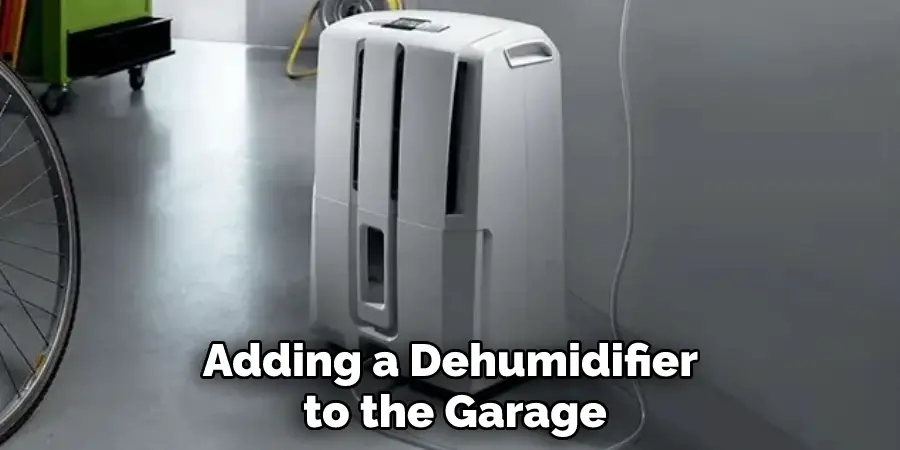
Tips to Stop Moisture in the Garage
- The first step to preventing moisture in your garage is to check for any leaks. Leaks can occur in both the roof and the walls, so be sure to thoroughly inspect both. If you do find a leak, be sure to repair it as soon as possible to prevent further moisture damage.
- Another way to prevent moisture in your garage is to use a dehumidifier. Dehumidifiers work by removing moisture from the air, which can help to keep your garage dry and free of mold and mildew.
- Ventilating your garage is another effective way to prevent moisture buildup. By opening up doors and windows, you can allow fresh air to circulate and help to remove any stale, moist air that may be trapped inside.
- Insulating your garage can also help to prevent moisture buildup. By keeping the heat in and the cold out, you can create a drier environment that is less likely to experience condensation or other moisture problems.
- Fans can also be used to help ventilate your garage and keep the air moving. By placing fans near doors and windows, you can create a cross-breeze that will help to remove any moist air that may be present.
- Sealing any cracks or holes in your garage can also help to prevent moisture from entering. Be sure to check both the walls and the ceiling for any cracks or holes, and seal them with caulk or another sealant material.
- Storing items off the floor is another good way to prevent moisture problems in your garage. By keeping items elevated, you can allow air to circulate more freely and reduce the risk of mold or mildew growth.
- Applying a waterproofing agent to your garage walls and floors can also help to prevent moisture problems. Waterproofing agents work by creating a barrier that helps to repel water and keep your garage dry.
- If you have drainage issues in your garage, they will need to be addressed to prevent moisture buildup. Be sure that all gutters and downspouts are clear of debris so that water can drain properly away from your garage.
- Finally, it is important to regularly clean your garage to prevent moisture problems. Be sure to wipe down surfaces and vacuum or sweep the floors regularly to remove any accumulated dust and dirt that could contribute to humidity issues.
How to Check for Leaks and Other Sources of Moisture In Your Garage?
Keeping your garage dry is essential to protecting the integrity of your items. If left unchecked, moisture can cause corrosion of the materials it comes into contact with and potentially lead to more severe damage. Unfortunately, uncovering leaks and sources of moisture isn’t always easy.
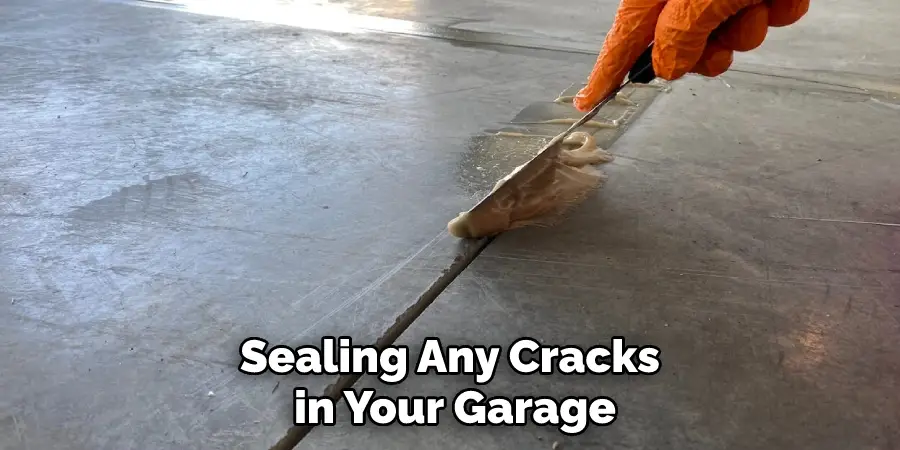
To stay on top of potential problems, start by inspecting the walls for water seepage or marks that indicate an area was previously wet.
Check around windows and beneath door frames for mold or dampness as well. Consider any items that may be leaking such as sprinklers or air conditioners and repair them if necessary. Water heaters should also be examined; this may require professional inspection if you are unsure of the issue yourself.
Finally, look up in the attic or rafters to make sure condensation is not forming due to excessive humidity in the garage atmosphere. With proper precautionary steps taken and routine maintenance of appliances, your garage will remain free from costly damages resulting from moisture-related issues.
How To Insulate Against External moisture Sources In The Garage?
Insulating against external moisture sources in the garage is important to avoid the formation of mildew and rot. One effective way to do this is to seal any crack or gap between the garage and basement walls or foundation, as well as any crevices and seams around windows, doors, and light fixtures.
This prevents external moisture from entering the structure. It’s also beneficial to install a vapor barrier on interior walls and/or floors that can stop trapped moist air from condensing on surfaces inside the structure.
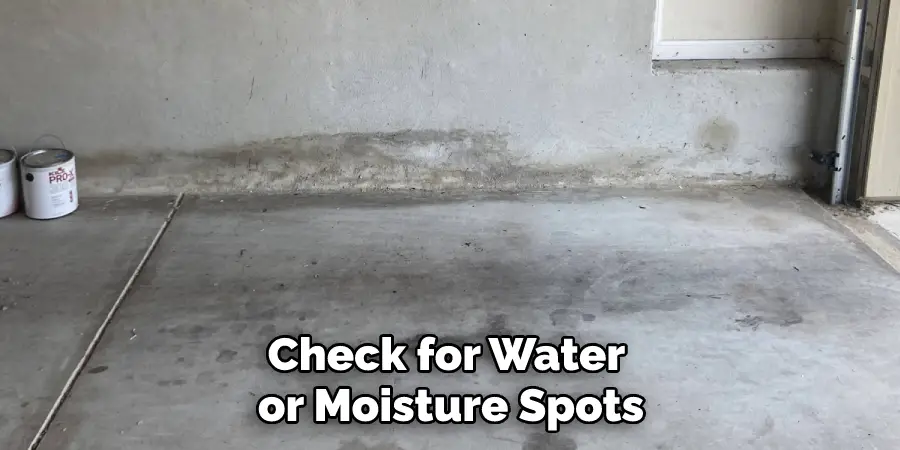
If there are already signs of existing moisture damage, repairs can be done with caulking or other types of water-resistant materials, such as epoxy sealers or polyurethane foam. As a preventative measure, it’s best to ensure these building components are insulated properly before winter sets in so that your garage is ready for cooler temperatures ahead!
Conclusion
Applying a fresh coat of sealant every few years will help keep your garage dry and prevent excess moisture. You should carefully determine how to stop moisture in garage. In addition, using a dehumidifier can also assist in keeping the air quality at an optimal level, which will discourage mold spores from taking hold.
Remember to regularly check for any leaks or cracks that might allow water to seep inside. By following these simple tips, you can say goodbye to musty odors and hello to a comfortable workspace.
I am Rick. I grew up helping my dad with his handyman service. I learned a lot from him about how to fix things, and also about how to work hard and take care of business. These days, I’m still into fixing things- only now, I’m doing it for a living.
I’m always looking for new ways to help people grow and develop. That’s why I have created this blog to share all my experience and knowledge so
that I can help people who are interested in DIY repair.

